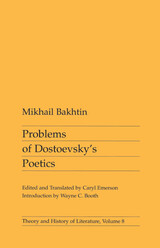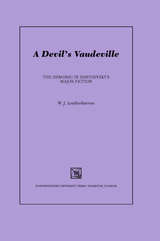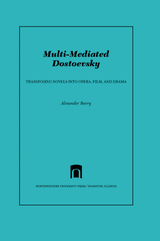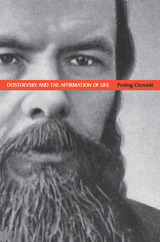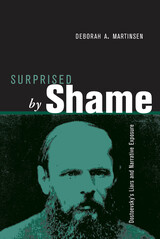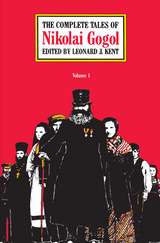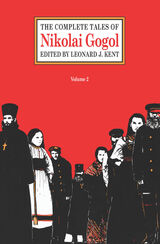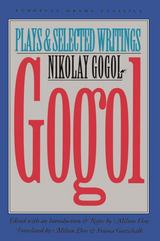Cloth: 978-0-8101-2693-0 | Paper: 978-0-8101-3983-1 | eISBN: 978-0-8101-6479-6
Library of Congress Classification PG3328.Z7P5323 2010
Dewey Decimal Classification 891.733
In Dostoevsky’s Dialectics and the Problem of Sin, Ksana Blank borrows from ancient Greek, Chinese, and Christian dialectical traditions to formulate a dynamic image of Dostoevsky’s dialectics—distinct from Hegelian dialectics—as a philosophy of “compatible contradictions.” Expanding on the classical triad of Goodness, Beauty, and Truth, Blank guides us through Dostoevsky’s most difficult paradoxes: goodness that begets evil, beautiful personalities that bring about grief, and criminality that brings about salvation.
Dostoevsky’s philosophy of contradictions, this book demonstrates, contributes to the development of antinomian thought in the writings of early twentieth-century Russian religious thinkers and to the development of Bakhtin’s dialogism. Dostoevsky’s Dialectics and the Problem of Sin marks an important and original intervention into the enduring debate over Dostoevsky’s spiritual philosophy.
See other books on: 1821-1881 | Dostoyevsky, Fyodor | Problem | Sin | Sin in literature
See other titles from Northwestern University Press

